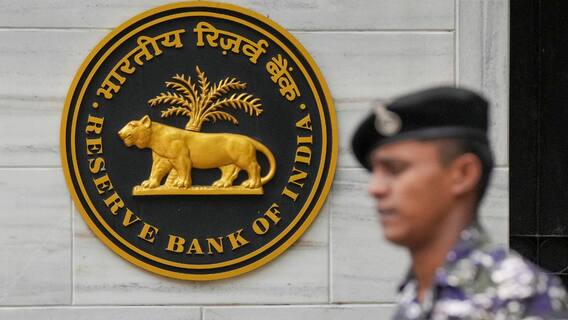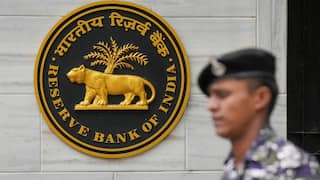'Unimaginable Shame': Infosys Founder Narayana Murthy On Children's Death Due To Indian Cough Syrup
An Indian pharmaceutical company has been blamed for the kidney injuries that killed more than 60 children in Gambia. The founder of Infosys remarked that the incident has shamed the country.

Infosys founder N R Narayana Murthy stated on Tuesday that the death of 66 children in Gambia, Africa, purportedly as a result of cough syrup produced in India, has caused "unimaginable shame" to the country. He added that despite developing the COVID-19 vaccine and immunising the country's citizens, the country had significant challenges in the field of scientific research, news agency PTI reported.
"The death of 66 children in the Gambia as a result of an India-produced cough syrup has brought our country unimaginable shame and has harmed the integrity of our pharmaceutical regulatory agency," news agency PTI quoted him as saying.
Maiden Pharmaceuticals Ltd, situated in Sonipat, has been implicated in the deaths of more than 60 children in Gambia as a result of kidney injury. Following the incident, the World Health Organization (WHO) issued an alert for the following Maiden products: Promethazine Oral Solution, Kofexmalin Baby Cough Syrup, Makoff Baby Cough Syrup, and Magrip N Cold Syrup.
He was speaking at an Infosys Science Foundation event to deliver the Infosys prize to six people. The prize money is $1,000,000 USD. Murthy praised the companies that made and supplied the billion COVID-19 vaccines, calling it an accomplishment by any standard.
The IT czar praised the implementation of the new national education policy, which is based on Professor Kasturirangan's proposals. Professor Gagandeep Kang and several others were elected as fellows of the Royal Society in London, while professor Ashok Sen was awarded the Millenium Prize.
"These are all promising and joyous events that show that India is clearly on the path of growth, but we still have enormous hurdles," the IT tycoon remarked.
"There is not a single Indian higher education institution in the top 250 of the world university global ranking, which was revealed in 2020. Even the vaccines we have developed are either based on superior technology or on research from the industrialised world. Consequently, we still have not produced a vaccine for dengue and chikungunya, which have been ravaging us for the last 70 years now,” said Murthy, PTI reported.
Experts believe that India's inability to use research to solve immediate pressing problems is due to a lack of instilling curiosity at a young age, a disconnect between pure and applied research, insufficient cutting-edge research infrastructure in higher educational institutions, insufficient grants and excessive delays in creating incentives for research, and insufficient fora for knowledge sharing with global research institutions, he stated.
ALSO READ: G20: India Ray Of Hope For The World In 21st Century, PM Modi Tells Indian Diaspora In Indonesia
According to the Infosys founder, money is not the most important resource for success in creation or innovation.
He stated that there are two components for success in research: the first is to reorient instruction in schools and colleges toward Socratic questioning and applying what they learn in the classroom to real-world situations around them, rather than passing exams through rote memorising. The second phase is for researchers to concentrate on resolving urgent issues. He believed that adopting such a mindset would eventually lead to the resolution of larger problems.
According to the IT industry icon, the IITs are also becoming victims of rote learning. "Thanks to the tyranny of coaching classes, even our IITs have become victims of this syndrome," Murthy added, PTI reported.
He stated that the quality of scientific and technological research determines the nation's economic and social success. According to Murthy, research thrives in an environment of intellectual honour and respect, meritocracy, and societal support and approval of such thinkers.
"As a result, it is critical to recognise and reward great research efforts by researchers." "By doing so, we will not only motivate other researchers, but we will also establish role models and inspire young people to pursue careers in research," Murthy explained, PTI reported.
(With Inputs From PTI)
Trending News
Top Headlines




































